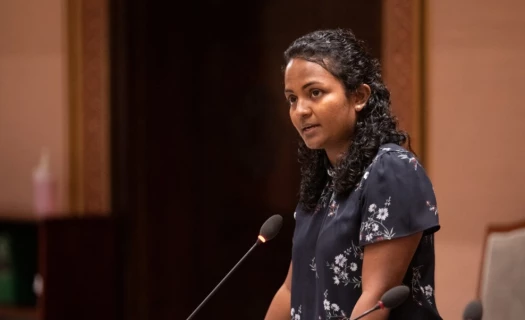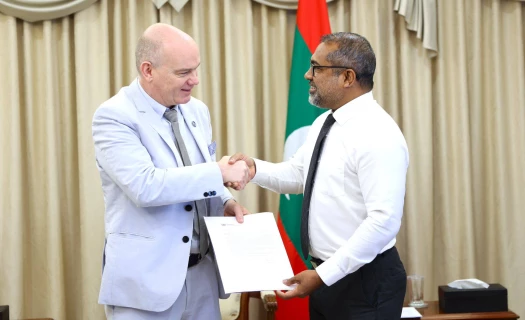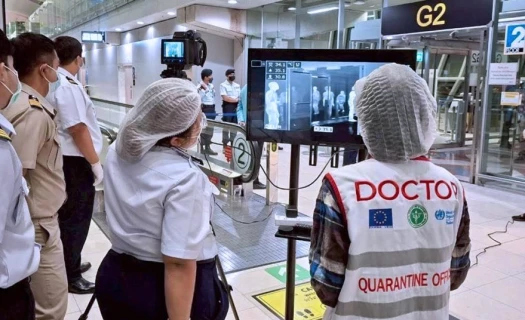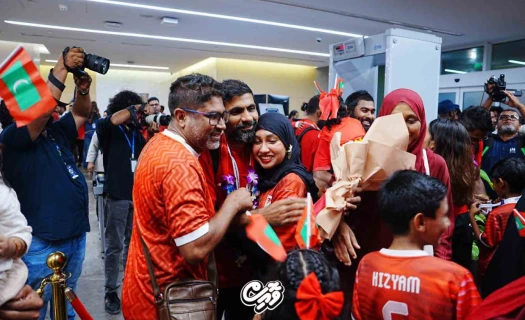Manta Air calls for fair rules as currency policy impacts salaries
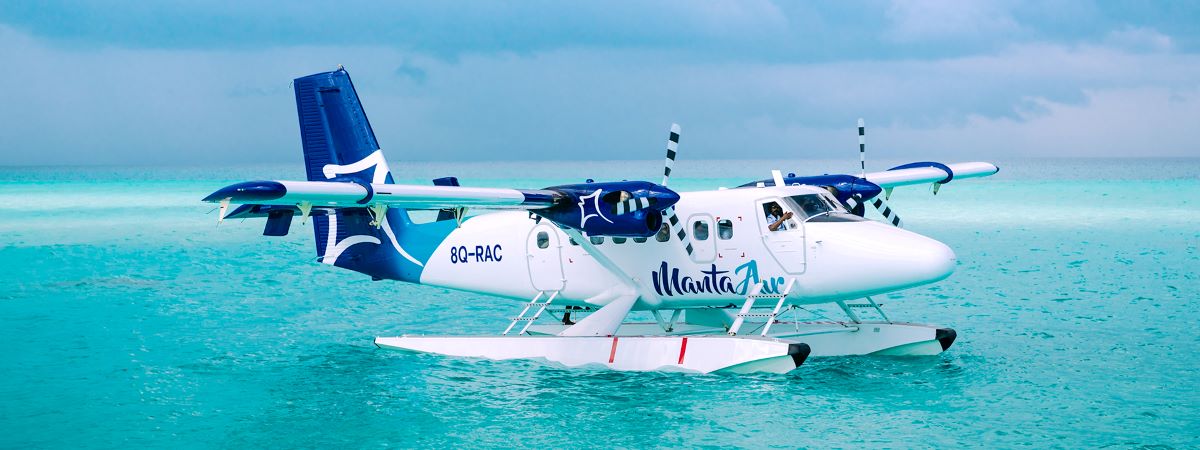
Manta Air has publicly voiced concern over the Maldives Monetary Authority’s (MMA) foreign currency regulation, which the airline says has forced it to revise its employee salary structure and impacted its operational costs.
In a statement released Monday, Manta Air announced that it had to alter its salary disbursement from 100% US dollars to a 50-50 split between USD and Maldivian Rufiyaa (MVR).
The change follows an MMA directive requiring companies with foreign currency revenue above a set threshold to convert 20% of their earnings into MVR via local banks.
Manta Air explained that despite thorough internal assessments and multiple consultations with the MMA, the airline had no choice but to implement the change due to its extensive USD obligations.
The company cited payments for overseas suppliers, software, aircraft leases, insurance, and payments to local state-owned enterprises like MACL and IASL, all of which are required in USD as key pressures necessitating this shift.
We remain committed to reinstating 100% USD salary payments when circumstances and regulatory conditions permit
the airline said
adding that it is actively engaging with regulatory bodies to find a sustainable solution that safeguards employee welfare.
The airline further expressed concern over market inconsistencies, noting that a major competitor has recently resumed full USD salary payments despite having greater foreign currency obligations.
Manta Air questioned the consistency of policy enforcement, warning that selective leniency risks distorting fair competition in the aviation sector.
As a young and growing airline built on principles of integrity and service, we urge the Maldives Monetary Authority to ensure transparency and fairness in its policies,
Manta Air stated
emphasizing the need for a level playing field to maintain healthy competition and investor confidence.
The airline reaffirmed its commitment to working with all stakeholders to achieve a regulatory framework that balances compliance with the well-being of its workforce.
This policy shift was prompted by a new regulation from the Maldives Monetary Authority (MMA), effective since January 2025, requiring tourism-related companies to exchange a portion of their foreign currency earnings with local banks.
Under the regulation:
Category A businesses — including resorts and integrated tourist resorts — must exchange USD 500 per tourist per month or 20% of their gross monthly revenue.
Category B businesses — such as guesthouses, tourist hotels, and vessels — must convert USD 25 per tourist per month or 20% of their revenue.
Category C businesses — those with annual foreign currency transactions above USD 15 million — are also mandated to exchange 20% of their gross sales.
